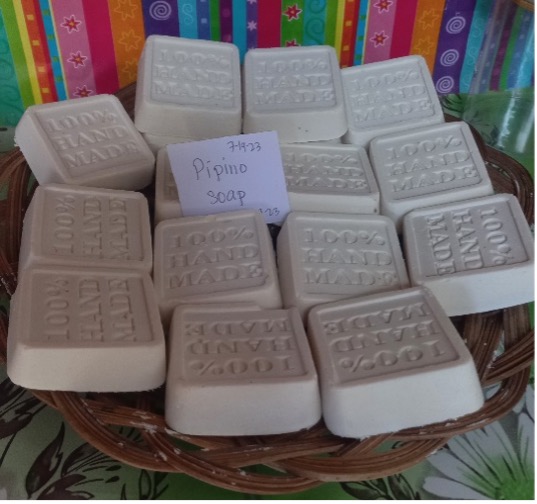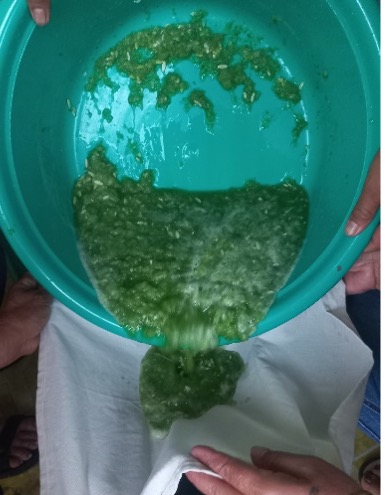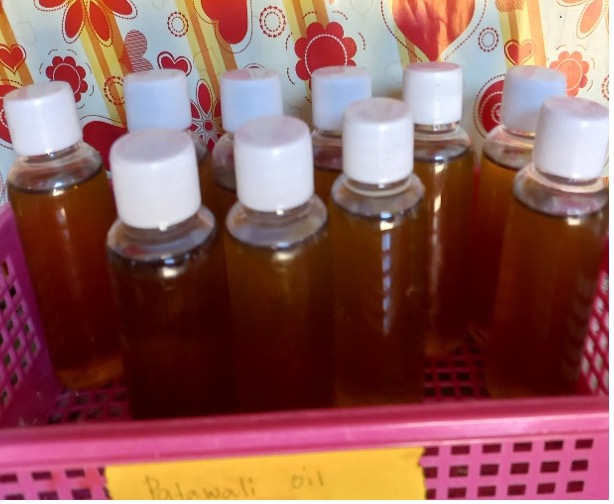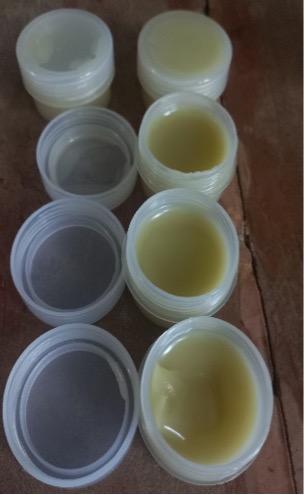Barangay Pandan is located in the interior part of South Upi, Maguindanao Philippines. It is surrounded by vast mountainous farmland, nestled within the ancestral lands of the “Teduray-Lambangian” tribe. Currently, a remarkable transformation in the community with limited access to healthcare services is taking place. This transformation is being led by a group of resilient and motivated women who have come together to establish Pandan Tri-people Women Organization (PTWO), an organization composed of indigenous people (IP), Ilonggo, and Maguindanao women dedicated to providing available and accessible alternative medicines, through the combination of traditional knowledge and innovations.

This journey began a few years back when a group of determined indigenous women headed by Ms. Zenith Ballerta recognized the incredible value of their traditional remedies by using medicinal herbs, plants, and rituals to treat ill people. They understood the potential of these remedies to provide healing to their family and their immediate community. Thus, they embarked on a project, “Root to Remedies,” to showcase the power of indigenous practice combined with modern techniques for sustainable living. With their determination, they brought these traditional practices to life in a new and innovative way.
The "Lawi Fetinanaan" project, which means "House of Healing" in Teduray, is an alternative healing center supported by Pinnovation Academy. The center uses natural ingredients to create affordable and effective herbal remedies like tea, ointment, salves, and soaps. The project has established a processing center that is easily accessible to community members. The women responsible for planting, harvesting, and drying medicinal herbs have undergone herbal processing training, and they have shown exceptional skill and dedication in producing quality products. The project reduced community dependence on commercial drugs that are expensive, inaccessible, and with serious side effects. Moreover, it values environmental sustainability through medicinal plant cultivation and the utilization of sun, air, and rainwater for herbal processing.
The women's passion extended beyond just creating herbal remedies. They were taught psychosocial first aid and acupressure massage and these new skills further enhanced their healing abilities. They understood the importance of holistic healing. The House of Healing is now considered a wellness sanctuary that also comes with the traditional practices of the "Bilyan" or traditional healer. The “Bilyan” provides guidance to the organization on how traditional healing is merged with innovative healing products.

As their healing center continues to operate, Pandan women face the challenges of meeting the increasing demand. This was a turning point for the organization, pushing them towards scaling. With support from Pinnovation Academy Phase 2, they are now expanding their processing center and enhancing their capacity individually and organizationally. They also realized that they needed to extend the membership of their organization to include more women from the barangay who are willing to learn the ways of healing. They believe that with more dedicated hands and hearts to provide care for the wellness of the community, they can adapt to the changing needs.
The House of Healing serves as a hub for individuals seeking treatment and wellness. People from nearby areas came for their services and products. It also became a safe space for women to share whatever difficulties and problems they are facing.
When their nearby community was hit by a flood in 2022, the House of Healing extended its help by providing herbal products to those affected. The women's efforts brought hope and relief to the affected community in dire need, serving as a testament to the power of community helping other communities during crisis.
Today, Pandan women have garnered recognition for their products and commitment to preserving indigenous culture and the environment. Their journey from tradition to innovation has empowered the indigenous women within their circle and brought positive change to their community. Their commitment to sustainability, holistic healing, and cultural preservation inspires all who understand their story. As they continue to upscale their efforts, we can only imagine the impact they will have on indigenous communities nationwide, bridging the gap between traditional practice and modern healing techniques.
Photos of the herbal products:

Indigenous women transforming plants into remedies:

A group of High School students from the municipality visited their center to observe how they process ointments and soaps. Each one was given samples of their products. Students were taught the value of medicinal plants for them to have a better understanding of the environment.

Photos of women attending several skills training to enhance their knowledge.










Comments